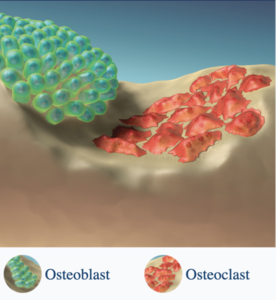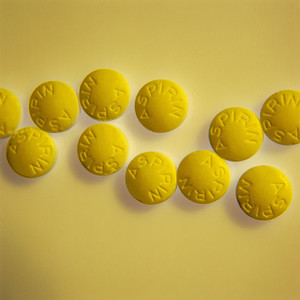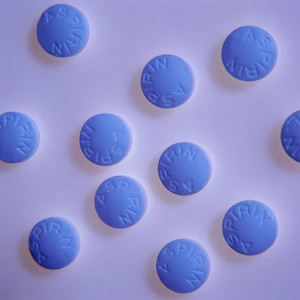The prospects seem bright for generics companies. Healthcare systems are increasingly looking for ways to cut costs, and patents are expiring on a growing number of medicines produced by innovative pharmaceutical companies. Yet recent forces have intensified not only the traditional tensions between the generic producers and their innovative rivals, but also among the generic companies themselves. Therefore the mood of many of the delegates at the European Generic medicines Association annual meeting recently held in Barcelona, Spain, was gloomy, as reported by Mr Andrew Jack in the Financial Times.
Across much of the EU – with the exception of the UK, already much more like the US – the reduction in price when a patented drug goes generic has historically been modest, leaving generic manufacturers with the potential for significant margins. In recent months, however, even ahead of the financial crisis, the need to find cost savings has driven decision-makers in many European markets to take more aggressive measures. Most notably, Germany and The Netherlands have introduced tenders, which have cut the prices of generic medicines sharply. That, in turn, has reduced the appetite of many generics companies to bid for contracts. The paradoxical result is that some of the ‘originator’ companies holding the formerly patented drugs have retained or regained business, their large stocks allowing them to offer discounts and still make profits.
“There is no Dutch generics industry any more,” said Dr Gerard Van Odijk, European President of Teva, the world’s largest generic drugs manufacturer. “The price of generic simvastatin (the off-patent cholesterol lowering drug) is now less than a candy bar. The cause costs more than the cure.” The generic companies that have remained in the market have done so by offering deep discounts, sparking calls by some in the industry to demand price support to ensure that the industry can survive. Mr Peter Burema, a generics consultant, lamented that generic drugs were now selling for less than the price of a Starbucks coffee. But other delegates argued that his own former employer – Ranbaxy of India, which was recently acquired by Daiichi Sankyo of Japan – had been part of the problem, contributing to the pressures on rivals by offering deep discounts to win EU market share in recent years.
Survival by adapting
One option for the sector is increased differentiation. By investing in research and development to launch reformulated versions of off-patent drugs, generic companies may win greater acceptance from patients than their original versions, boosting compliance and improving health.
Mr Nick Haggar, Head of Commercial Operations for Western Europe for Sandoz, said, “Darwin did not just talk about the survival of the fittest, but also those who adapt. You can survive either through cost leadership or differentiation.”
The challenge will be for generic companies not only to invest more in development, but also to find ways to win and defend market share and to persuade governments and healthcare funds to support a higher margin on such products. The alternative is more consolidation within the EU generics sector. But that is proving difficult in the current climate.
A number of the largest potential acquirers have already sealed deals: Sandoz, part of Novartis of Switzerland, bought Hexal Germany; and Mylan US acquired Merck Germany’s generic arm. Others, such as Teva Israel, have done smaller deals and expanded organically.
Innovative pharmaceutical companies such as GlaxoSmithKline in the UK, Pfizer in the US and sanofi-aventis in France are expanding their generic drugs activities, but concentrating on faster growing emerging markets offering higher margins, such as those in Eastern Europe, India and South Africa.
The European-based generic companies are looking less attractive. Actavis of Iceland has been up for sale, but its US$7 billion (Euros 5 billion) in debt accumulated to finance past acquisitions have discouraged purchasers. Parallel efforts to sell Ratiopharm to help ease the debt burden on its German parent company – VEM Vermögensverwaltung GmbH – have also helped depress pricing.
Mr Sigurdur Olafsson, Actavis’ CEO, may be right when he argued that “there is a role for quality companies, including smaller players”. But the total number of such businesses is likely to shrink further in the next few years.








 0
0










Post your comment